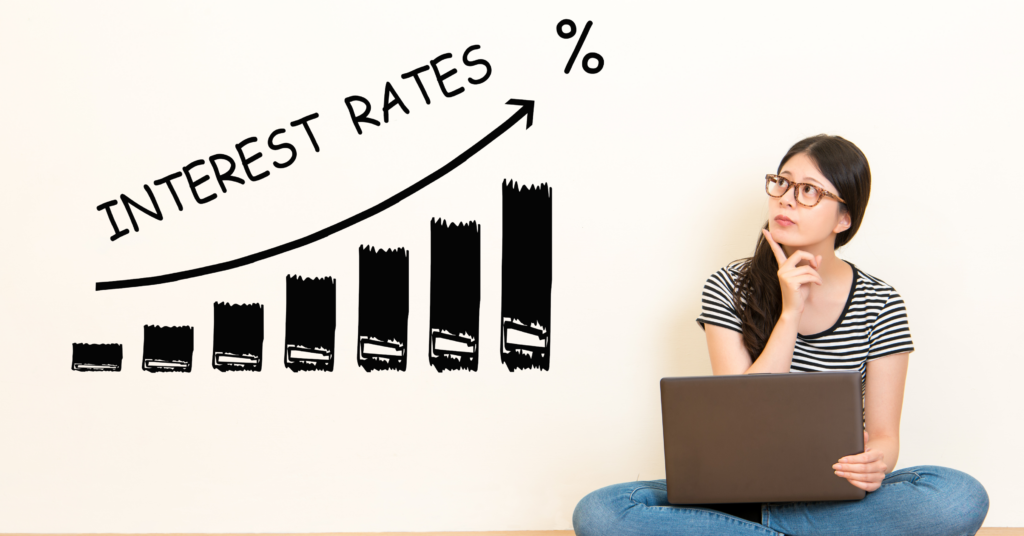Choosing Between Fixed and Variable Rate Mortgages

Choosing between a variable-rate mortgage (ARM) and a fixed-rate mortgage is one of the most significant decisions a homebuyer will make. Each type of mortgage comes with its own set of advantages and disadvantages, which can have a profound impact on the borrower’s financial well-being. For homeowners exploring different mortgage options, it’s also valuable to consider the potential benefits of reverse mortgages. To make an informed decision, it’s crucial to understand the pros and cons of each option. Understanding the pros and cons of fixed and variable-rate mortgages is crucial, especially if you’re considering whether your house is paid for or if refinancing might be beneficial.
Fixed-Rate Mortgages

Fixed-rate mortgages offer stability and predictability, making them a popular choice for many homeowners. In addition to choosing between fixed and variable-rate mortgages, you might want to explore residential second mortgages and home equity loans for additional financing options. The interest rate remains constant throughout the loan term, providing borrowers with consistent monthly payments. This stability is particularly advantageous for budgeting purposes, as homeowners can accurately forecast their housing expenses over the long term. When deciding between fixed and variable-rate mortgages, it’s also essential to understand the difference between working with a mortgage banker vs. a mortgage broker.
Another benefit of fixed-rate mortgages is their suitability for long-term planning. With a fixed interest rate, borrowers have certainty in their housing costs, making it easier to manage other financial goals and expenses. Whether planning for retirement, education expenses, or other major life events, homeowners can rely on their fixed mortgage payments to remain unchanged.
Additionally, fixed-rate mortgages protect against rising interest rates. Borrowers are shielded from potential rate hikes, ensuring that their monthly payments remain affordable and predictable. This protection can be especially valuable during periods of economic uncertainty or when interest rates are expected to rise.
However, fixed-rate mortgages also have some drawbacks. They often come with higher initial interest rates compared to variable-rate mortgages, resulting in higher initial monthly payments. Additionally, if interest rates decrease significantly after obtaining a fixed-rate mortgage, homeowners may miss out on potential savings compared to variable-rate mortgages. Furthermore, fixed-rate mortgages offer less flexibility than their variable-rate counterparts, making it challenging to take advantage of lower rates through refinancing.The penalty for a fixed rate is often higher than a variable, never lower.
Variable-Rate Mortgages

Variable-rate mortgages start with lower initial interest rates compared to fixed-rate mortgages, making them an attractive option for some borrowers. These lower initial rates result in lower initial monthly payments, providing homeowners with short-term affordability. Understanding the benefits and risks of both fixed and variable-rate mortgages is essential for those aiming to fast-track to becoming mortgage-free. This can be particularly beneficial for buyers looking to minimize their upfront expenses or qualify for higher loan amounts.
Another advantage of variable-rate mortgages is their potential for savings over time. If interest rates remain stable or decrease over the loan term, homeowners with variable-rate mortgages could save money on interest payments compared to fixed-rate mortgages. This potential for savings can be significant, especially if interest rates trend downward or remain low for an extended period.
Variable-rate mortgages also offer flexibility, as some come with rate adjustment caps to limit the impact of interest rate fluctuations. In addition to choosing the right mortgage, managing CRA debt effectively is another critical aspect of financial planning for homeowners. These caps provide homeowners with a degree of protection against significant payment increases, reducing the risk associated with variable interest rates.
However, variable-rate mortgages also carry some risks. The primary drawback is the uncertainty associated with interest rate fluctuations. If rates rise significantly, homeowners could face higher monthly payments and increased overall costs. This risk can be concerning for borrowers with limited financial flexibility or those who are unable to absorb potential payment increases.
Additionally, fluctuating mortgage payments can make budgeting challenging, as homeowners may not know exactly how much they’ll owe each month. This uncertainty can create financial stress and make it difficult to plan for future expenses.
Conclusion

In conclusion, both variable-rate and fixed-rate mortgages have their own set of advantages and disadvantages. Homebuyers should carefully assess their financial situation, risk tolerance, and long-term housing plans before choosing the type of mortgage that best suits their needs. Consulting with a mortgage broker like Donna Lewczuk can provide valuable insights and guidance in making this important decision. By weighing the pros and cons of each option, borrowers can make an informed choice that aligns with their financial goals and priorities.
Ready to make a decision on your mortgage? Whether you’re considering a variable-rate or fixed-rate mortgage, it’s crucial to choose the right option that aligns with your financial goals. If you’re looking for a trusted mortgage broker in Niagara Falls or mortgage broker in Burlington, Donna can help you navigate the complexities of mortgage options. Take the next step towards securing your dream home with expert guidance from Donna Lewczuk today!
